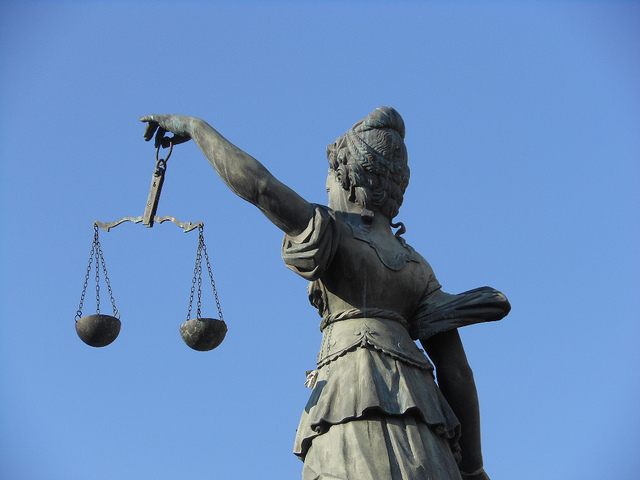
October 23, 2015, by Public Social Policy
Fairness and Inequality
by: Mark Jago
We all want a fair society. But fairness is an inherently contested concept. What one person deems fair is sure to be seen as unfair to others. The high-earner may find it unfair that her income is reduced through top-rate taxation; the willing but unemployed worker finds it unfair that the system doesn’t afford her the opportunity to work for her living. It is hard to build a political philosophy upon a foundation of fairness, precisely because there’s so much disagreement on what’s fair.
Inequality is a much easier concept to work with. Although it has many facets – inequality of income, of wealth, of opportunity – each can be measured in a (relatively) objective way. This allows us to place communities or nations on an inequality scale, for each of those aspects of inequality. But unlike the case of fairness, which is an inherently moral concept, it is not so clear how we can draw moral conclusions from inequality data. It isn’t so easy to argue, purely on philosophical grounds, that inequality (of income, say) is a morally bad thing. Indeed, philosophers from David Hume and Adam Smith to Robert Nozick have all argued that material inequality arises naturally in society, and hence that inequality can be avoided only by severely limiting our freedoms. To make matters more complicated, perfect inequality in one dimension (say, income) may be possible only at the cost of severe inequality on some other (say, freedom of expression or of opportunity, as witnessed in Pol Pot’s Cambodia).
A key turning point in the debate over inequality is the empirical evidence, which shows clearly how greater inequality in a society leads to a huge range of socially undesirable outcomes. Much of this research is collated in Richard Wilkinson and Kate Pickett’s The Spirit Level, presented in abbreviated form at the 100 Days of Cameron conference by Wilkinson. The data shows a strong correlation between greater income inequality within a society, on the one hand, and more obesity, more mental illness, more violence, higher incarceration rates, less social mobility, degraded social relations, and poorer educational performance, on the other.
Now, correlation is not the same as causation. In general, correlated variables could have a further underlying cause. But in the case of inequality, the data does not support this hypothesis. The socially bad outcomes are not correlated with average income or GDP, indicating that these are not the common cause. Could it be that the societal problems cause inequality? That would be plausible if those problems occurred most amongst the poorest members of society. But the data shows they are found within all income bands and, for the same income level, are worse in less equal countries. This indicates that inequality is the cause of these societal problems, and not vice versa.
It’s hard to deny that these outcomes are pragmatically bad for society. If we agree (as many do) that we have a moral duty to avoid them as far as possible, and if we avoid the bad outcomes only by reducing inequality, then we have a moral duty to reduce inequality. How far are we obliged to reduce that inequality? As far as this argument is concerned, only as far as it will reduce the socially bad outcomes. If we were to reach a level of inequality at which further reduction would bring negligible societal benefits then, as far as this argument goes, we should not feel obliged to reduce inequality further. But as a society, we are currently a long, long way from that point, and heading in the wrong direction.
image courtesy of Michael Coghlan

This work is licensed under a Creative Commons Attribution 4.0 International License.
No comments yet, fill out a comment to be the first

Leave a Reply